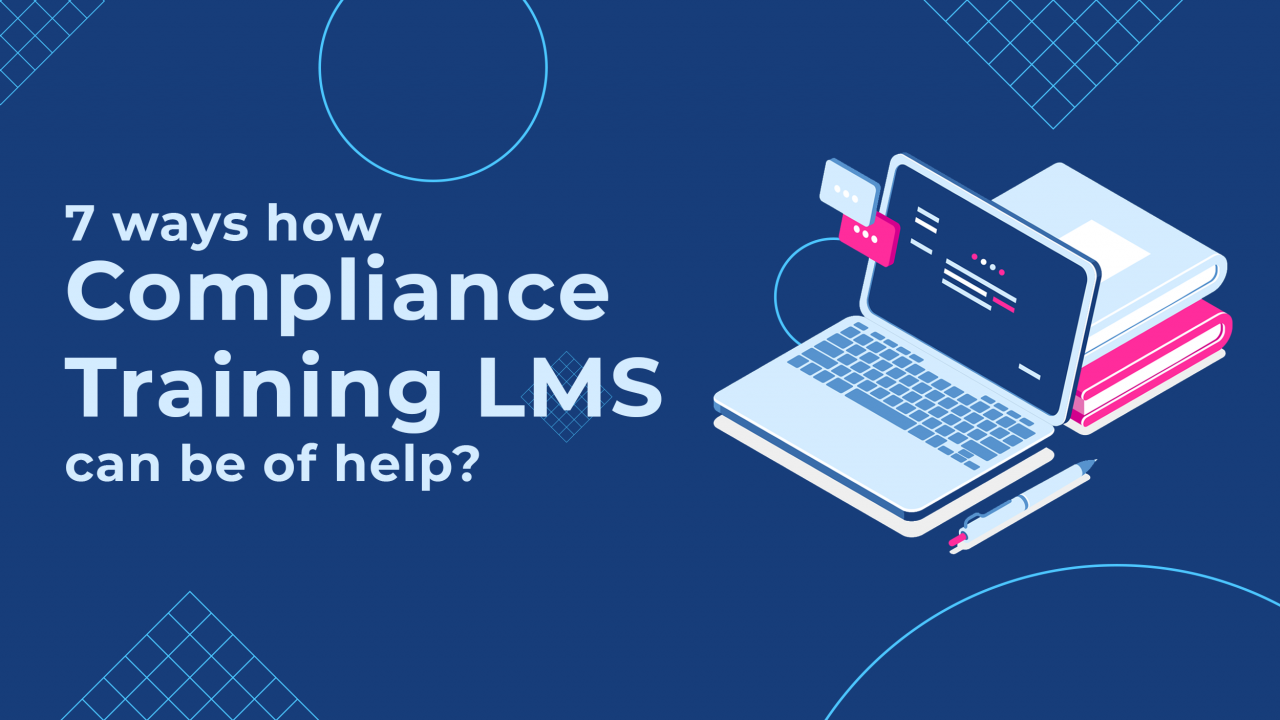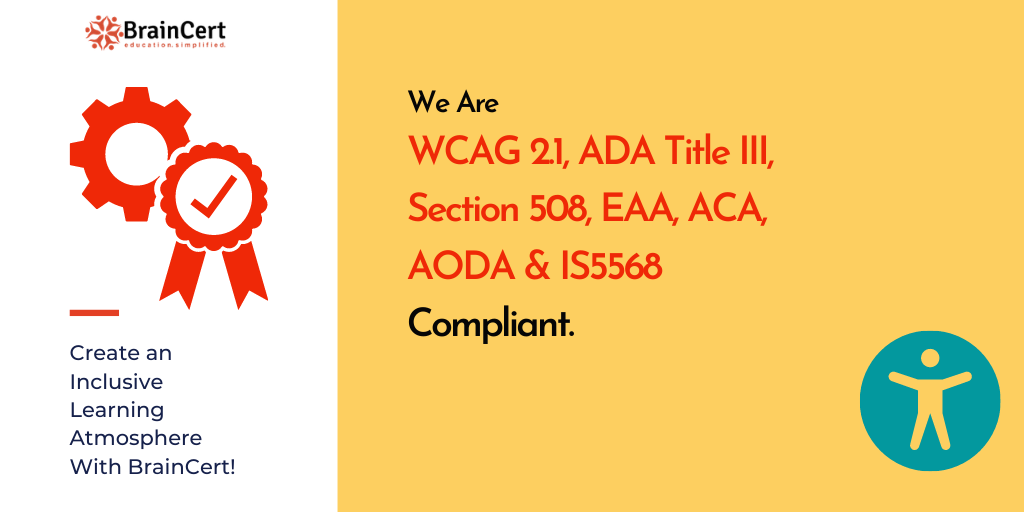Does your organization invest adequate time & money in compliance training? Or do you still stick on to the age-old method of forcing your employees to sign jargon-filled legal compliance agreements every year? If you fall onto the latter category, know that you are putting your company at stake.
Whether you choose to believe it or not, compliance training is no different from an insurance policy that can save your company from losing millions of dollars as a fine to non-compliance.
What is compliance training?
According to Wikipedia, compliance training is the process of educating employees on laws, regulations and company policies that apply to their day-to-day job responsibilities.
Compliance training was once approached by organizations just as a procedure that has been mandated by legislation & policy. But the winds of change have hit them, and compliance training is no longer approached the same way it was once.
Today the increasingly regulated environment is pressuring organizations to invest time & money on compliance training as a preemptive step to mitigate risk, improve their business processes, shift the work culture, and behavior of their staff.
In a survey conducted by Towards Maturity in 2017, it was identified that organizations across the world today put an average of 81% of employees through some form of compliance training each year.
So is it really necessary? If yes, apart from the regulations that mandates organizations to carry out compliance training, why is compliance training so important?
Why do organizations need compliance training?
While compliance training might be perceived as an additional burden to organizations or viewed as boring among employees, it does add value to your business. Organizations need to understand that the cost of non-compliance is far higher than what it would actually cost them for compliance training, thanks to the imminent fines & loss of revenue.
To give you an example on how much non-compliance would cost, the social media giant Twitter has been fined a whopping €450,000 because of the way the company handled & responded to data breach (GDPR). Similarly, a German company Deutsche Wohnen was fined €14.5 million as a GDPR fine.
Well, that's just GDPR. If you look at the other non-compliance fines, it is evident that watch dogs across the world are keeping their eyes wide open.
The last thing your organization wants to happen is to be fined for non-compliance and we suppose this answer why organizations need to invest in compliance training.
The major challenges of delivering compliance training
Compliance training has a very bad reputation for being a pain in the neck & often considered to be boring and irrelevant by employees.
Well, to be fair to the employees this does look exactly like that so let's first have a look at some of the major challenges to deliver compliance training.
Keeping the learners awake!
Compliance training has a reputation of being boring and trainers often have a difficult time keeping the learners awake.
Constantly keeping the training material updated
The one thing about compliance training is that compliance regulations are regularly updated. Which means that organizations & trainers must spend time to keep the materials updated, which is often time consuming.
Lack of motivation
If you were to ask any compliance trainer, they would say that the employee disengagement is a major challenge they face during training sessions.
Now as we know the major reasons why compliance training is not easily acceptable by employees, let's bring in the LMS and see how it can be a useful tool to counter these challenges & help organizations in delivering compliance training.

1. Better assess the different teams in your organization
While there are certain compliances like OSHA & Workspace ethics that are common for all employees, there are other compliances that are specific for some.
Irrespective of what your employees are trained on or where they are located, an LMS can help you better assess them. The LMS can track the progress of employees working in different countries and assess the same at any given point of time.
2. Keep learners engaged & motivated
LMS for compliance training comes loaded with features like gamification, SCORM content, social learning, blended learning, mobile learning, and more to keep the learners engaged & motivated throughout the training.
3.Deliver compliance training to your extended employees
Having an LMS for your compliance training will ensure that you do not miss out on anyone. With an LMS you will have a centralized repository of courses, ensuring that remote employees have better access to compliance training & training materials.
Compliance training LMS can also be an added advantage especially in training remote employees who are geographically dispersed.
4. Centralize the training content delivery
Having an LMS ensures that the training contents can be stored in a centralized repository. This will prove to be beneficial especially since compliance policies are frequently updated.
With the training contents now in a centralized repository, whenever there is a need to update the training contents, you will only have to do it at once. Also this helps to keep the users engaged as now they have everything in one place instead of having to go search and lose interest.
5. Generate training reports
An LMS will ensure that training managers have instant access to various training reports. Based on the report, managers can determine what the next step must be and keep the management updated on the learners' progress on key metrics like course completion status.
6.Deliver content in multiple languages
A good LMS will have an in-built option to support multiple languages. If you want people to be compliant, the best you can do for them is to make it as easy as possible for them to understand what it is all about in the language of preference. This feature can especially come in handy when you have employees in your organizations who are geographically dispersed.
7.Better manage compliance certification
When it comes to compliance training, proof matters in the event of an audit by a regulatory agency. Your employees will have to present before the auditors their compliance training completion certificates to avoid the risk of being fined for noncompliance.
Also, most compliance certificates have a limited validity, especially the ones awarded to people who are indulged in high-risk professions. If your organization falls into that category, having an LMS can help you automate the entire process of tracking the expiry date of certificates and reassign employees for training if needed. In short, having a compliance training LMS will ensure that your organization is ready for an audit anytime.
To sum up
If you were to invest in the right compliance training LMS tailor made for your unique requirements, it can save you from compliance training becoming a hassle for employees . With the right LMS you can also stop bombarding employees with training materials and instead create a better learning atmosphere for employees.










